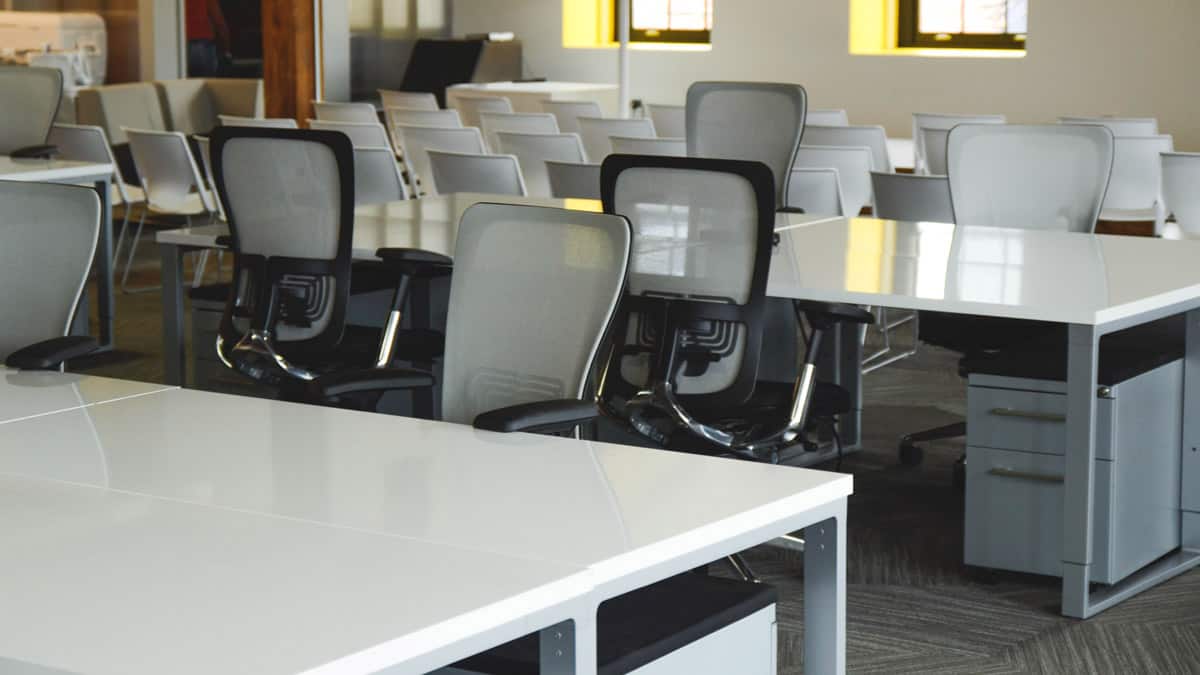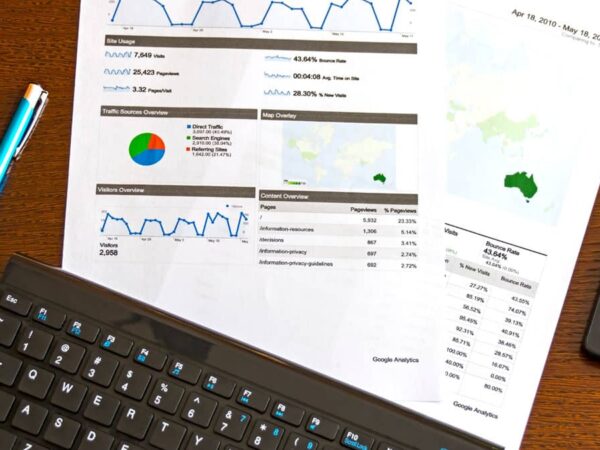Commercial Property: Buying or Renting
Here’s what you need to know about commercial real estate before renting or buying a commercial office space, warehouse, or storefront.

Whether you’re a business owner that needs a flashy storefront or just a quiet office in which to get work done, here’s what you need to know before buying or renting a commercial space.
General Commercial Real Estate Tips
Know how much you can afford
Whether you’re buying or renting, this is the most important step of all. To purchase, you’ll most likely need a mortgage loan. The bank might give you an idea of what you qualify for, but make sure you’d be comfortable with the monthly payments before taking out a loan for the full amount you’re allowed.
If you’re planning to rent, you should also take a long, hard look at your cash flow and sales projections to figure out how much you can handle. Whether you’re buying or renting, in either case, go over the figures with your accountant to make sure you’re not biting off more than you can chew.
Figure out how much space you need
If you’re opening a retail location, how much merchandise will you want to display, and what kind of space will fixtures take up? Will you need fitting rooms or an office? Rooms to stock merchandise? If it’s an office, how many employees do you anticipate? Remember to factor in room for desks, chairs, storage space, and a waiting room if you need it.
If finances will allow, give yourself room to expand. Moving is expensive – even more so for a retailer, salon, or restaurateur who has built a following in a particular location – so make a long term investment for the space you’ll need, both now and in the future.
Choose the location carefully: Think like a customer
It doesn’t matter if you’re buying or renting – your location is critical in either case. For some businesses, foot traffic is important. If you’re planning a retail location, spend some time at the space to see how many people pass by. How visible is it, and what kind of signage can you have?
Make sure there is sufficient parking and the area is safe. Go at night to check out the lighting. Get a traffic count for the area, and research the demographics. Take a look at the surrounding businesses to make sure they complement yours.
Many leases will include “exclusive use” clauses that would prevent the landlord from renting to competitive businesses, but be sure to spell out exactly what that includes. Check the codes and zoning laws to make sure you’re permitted to operate your type of business at that location.
Understand all the costs involved
While a low initial price may look very attractive, be sure to figure out the total investment you’ll need to make for the space to work for you. It may be worth it to spend more initially for space that requires fewer alterations or renovations. Find out what the utilities cost. Check the availability of restrooms, air conditioning, a security system, and reliable internet.
Know the market
Take the time to research the area or areas you’re considering buying or renting your business location. Get a feel for how much commercial space has been going for, and whether the trend has been up or down. That should give you an idea of what to expect to pay. Commercial space is usually priced on a square footage basis, and that will vary based on the location and market conditions.
Don’t be afraid to negotiate
Whether you’re buying or renting, the price is likely negotiable. You don’t have to accept the listed price without asking for concessions, such as the cost of what you’d have to pay for improvements to the property or the expenses associated with the move itself. Sellers and landlords will likely expect you to negotiate during the buying or renting process, so don’t be afraid to ask for what you think is fair.
Recognize the time commitment
This tip is more lifestyle than financial, but keep in mind that with a storefront, your business will have visibility. You’ll need to be open and available for customers during the times they can patronize your business, which means you (or your staff) will have to be on site evenings and weekends, or whenever is typical for your type of business.
Tips for Commercial Renters
Think about how long a lease you want
If you’re a startup, it may be smart to negotiate as short a term as possible. If the business thrives, you might want to expand. And if not, you don’t want to lock yourself into payments that might wind up coming out of your pocket should the business fail.
Understand exactly what’s included in your rent
Will you pay for utilities or will the landlord? How about repairs (minor or major)? Are there charges for common area maintenance for things like keeping up the lobby, landscaping or parking lot? Who pays the property taxes and insurance on the premises? Answers to all of these questions and more should be spelled out in your rental agreement.
Everything is negotiable
Using your knowledge of the market, work out the best deal you can. Ways of reducing your costs might include getting a portion of rent back to improve the space, having the landlord pay for or subsidize renovations to the space, or a period of free rent so you have time to get the work done before moving in. You can also pre-negotiate future rent increases, which may keep them smaller over time.
What else might you be able to negotiate? The list is endless and includes pretty much everything related to the operational cost of the space. Think along the lines of janitorial costs, management fees, parking spots, trash and snow removal, and maintenance and repairs.
Consider a sales percentage lease
Some landlords will work out a rental deal based on your sales. Leases like these have a smaller base payment each month and go up based on your revenue. This can be an especially attractive option for startups, keeping your costs lower while you build the business, while costing more when you can better afford it.
Consider becoming a sublet tenant
Other tenants with large amounts of space they’re not using or no longer need could rent you part of their space at a far lower rate than you’d pay renting a space yourself. It’s a win-win as they recoup some of their cost and you get a deal you couldn’t score on your own. Just make sure it’s legal for them to sublet to you.
Be prepared to pay a security deposit
Security deposits are typically due at the time you sign the lease and returned to you when the lease is up, as long as the space hasn’t incurred major damages. The exact amount may be negotiable, but figure you’ll have to come up with about 10% of your total lease.
Some landlords will require a letter of credit or a personal guarantee
As with most other things in business, your credit history will matter. If the business isn’t established enough to show good credit, you will likely need to guarantee the rent personally. This is just one of many ways your personal credit can affect your business.
Check out the landlord
Research the individual or company you’re thinking of renting from. Speak with current and previous tenants to find out how responsive the landlord is. Run a credit check of your own. You don’t want to make an investment into building out the space that’s perfect for your business only to have it foreclosed on or sold out from under you.
Be especially careful if you found a space through Craigslist or elsewhere online. Believe it or not, not all listings are real, and fraud is possible. Do not turn over ANY money until you’ve verified the ownership of the property.
Consider using a broker
Commercial brokers’ fees are paid by the landlord, so they won’t cost you money out of your pocket. That said, they may be built into the rent, but probably not so much as to impact the overall cost too greatly. A broker will be able to show you many properties that can fit your needs, help you understand the commercial rental process, and where the terms differ from residential property. Keep in mind, however, that the listing agent is working for the landlord, not for you, so you can engage your own broker to act as a tenant rep with your best interests in mind.
Definitely use an attorney
A lease for commercial space is an expensive contract. Before signing anything, have the contract reviewed by an attorney, preferably one well-versed in real estate. Among the things you’ll want to check are clauses that allow you to:
- sublease the space (if desired)
- assign the lease to a new owner if you sell the business
- protect your business if a major anchor tenant you are relying on for traffic leaves
- create an exit strategy should you need to leave before the lease term ends
You attorney will also be able to point out anything the landlord may have added that are not standard terms for other commercial real estate deals, as well as ensuring that all the standard protections are included. Hiring an attorney can sometimes feel like an unnecessary expense, but when it comes to commercial real estate leasing, it’s definitely worth the cost. Don’t sign a lease without legal help.
Is Buying an Option?
After doing the math for renting (or after having rented for a while), you may decide to purchase commercial space of your own. If you have the funds available, it may pay to buy your own property and benefit from the investment rather than paying money to a landlord. Remember that you will be tying up some funds in the property, but it may be an attractive option if your finances can handle it.
If you’re considering buying, location is perhaps even more important than when renting, since it’s a more permanent arrangement. You will also absorb ALL of the costs for upkeep and repairs. Any liability for accidents on the premises will be yours. And should you choose to have tenants, that will add to your responsibilities on top of running your own business.
Buying commercial real estate is a huge step, and you will need more capital than if you lease. Your hope would be that the gains in revenue would outweigh the costs and the risks involved. Most likely, you’ll want to set up a separate corporation to buy the property, which would offer you more protection and possibly some tax benefits. By all means, get professional advice before deciding to invest in commercial property.









